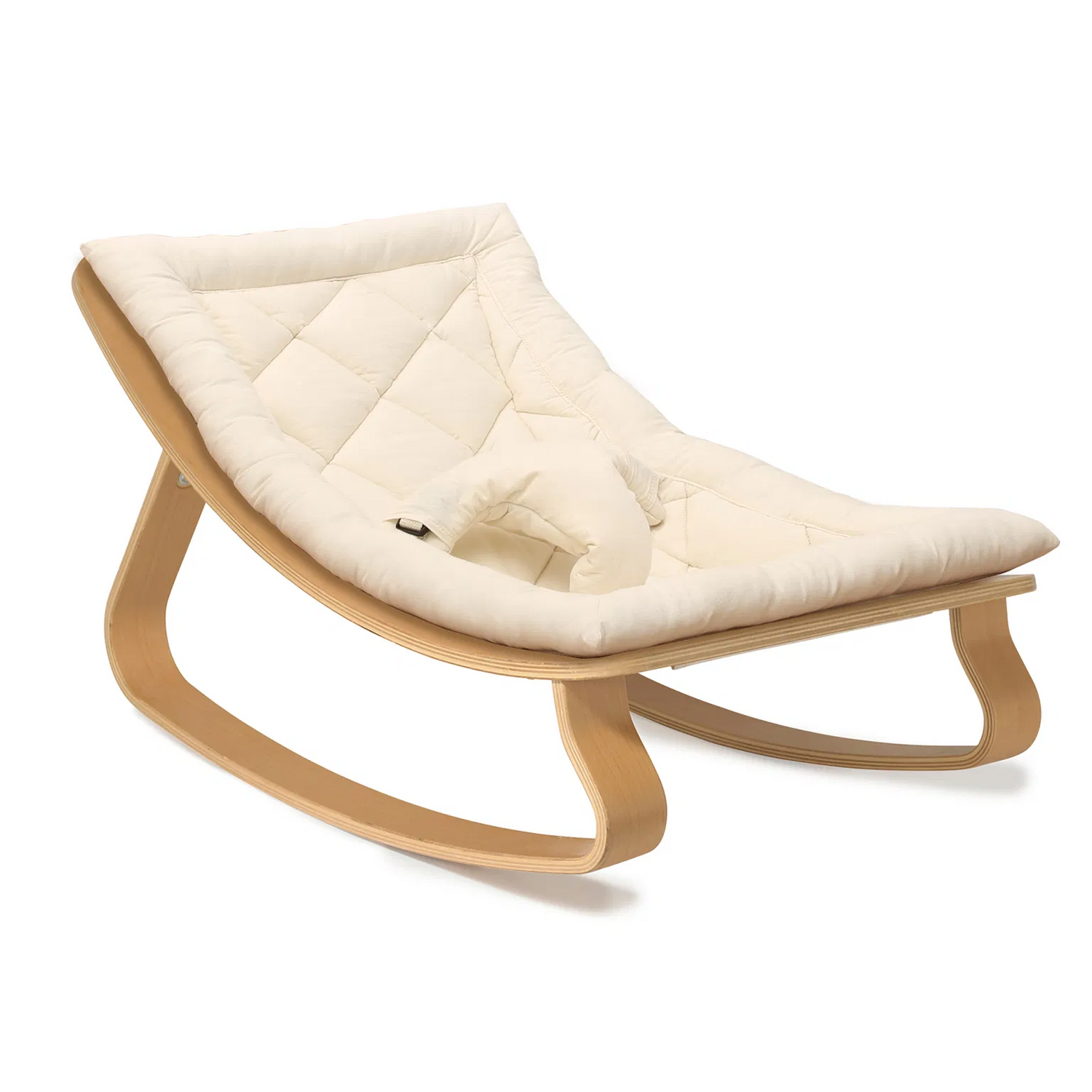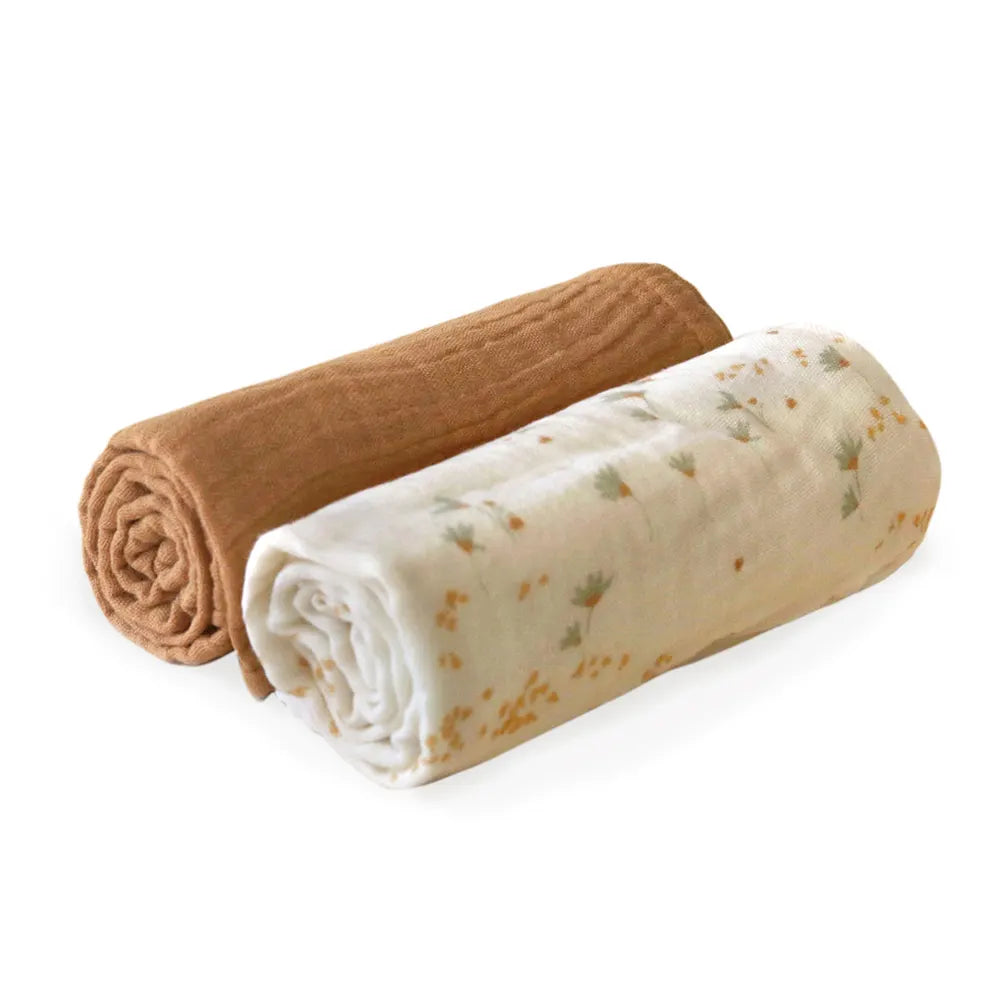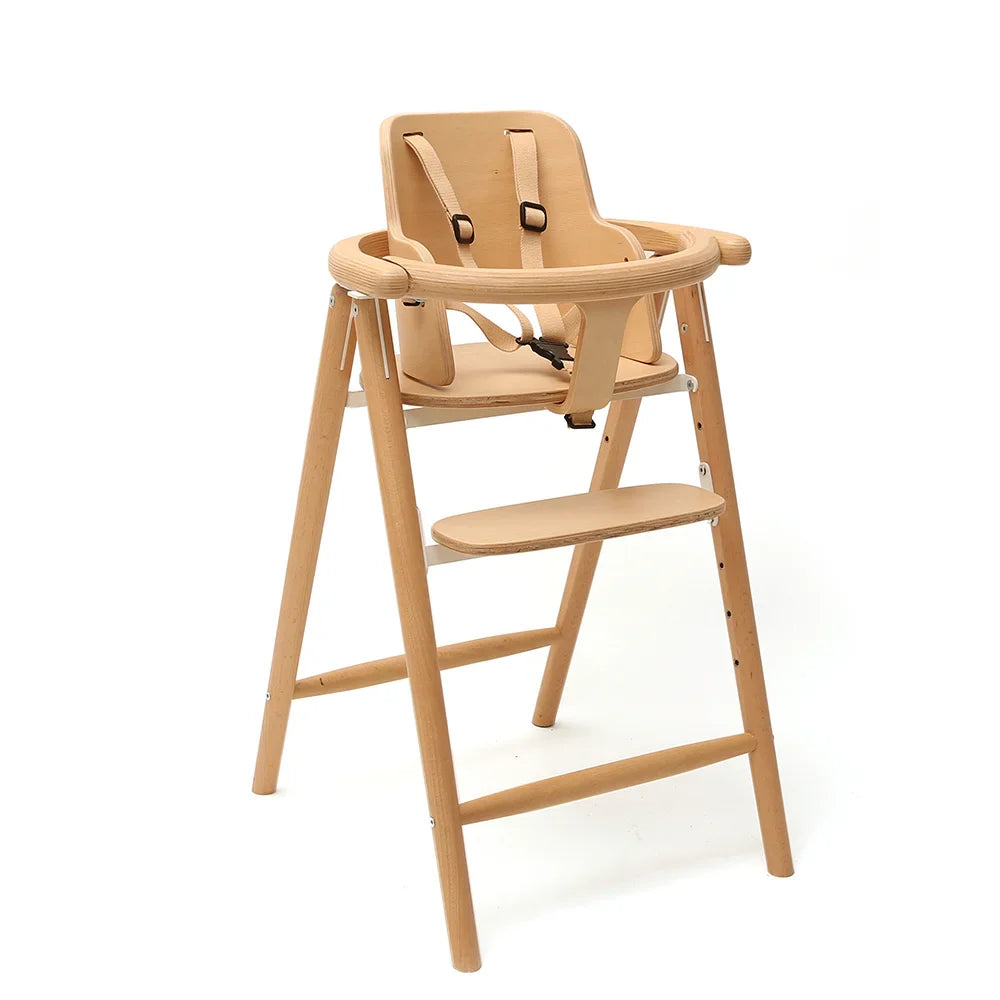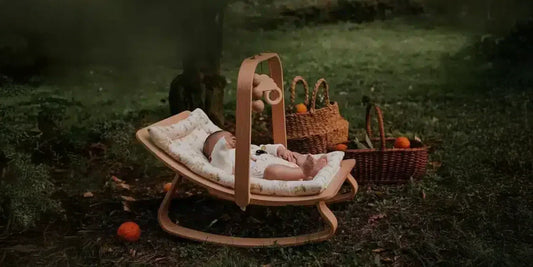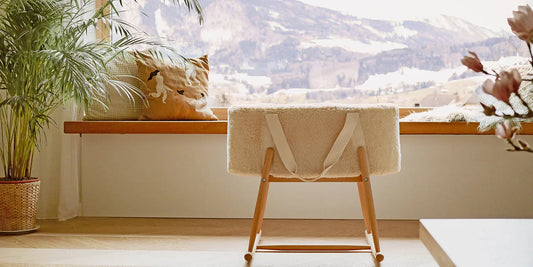Developing your child's autonomy: our advice


Develop your child's autonomy
“Me alone.” This sweet phrase, said several times a day by your child, has the gift of irritating you. Welcome to a phase of autonomy, where your little one refuses your help. A bit of patience, because this step towards autonomy is important. Find all our tips for your child to move towards independence and freedom.
What is autonomy for children?
Autonomy allows a young child to meet their own needs in order to be fulfilled and confident in their own abilities. Autonomy also allows you to develop self-esteem, a skill that is very useful at every moment of life. Some parents dread this phase, which they consider to be a stage, where their child no longer needs them. On the contrary, rest assured. Your child will always need you... even when he has acquired all these skills to make the right choices, now and in his future life.
At what age does a baby develop independence?
When your newborn is born, it is completely dependent on you for survival. Then, gradually, he learns to express himself, to catch objects, to walk on all four legs, to finally stand on his own two legs... to finally stand on his own two feet. Until that day, it is up to you, parents, to show him the way to autonomy.
In general, children ask to do things alone as early as 18 months - obviously, this figure is an indication, not a norm! From this age, some babies begin to show the desire to get by without their parents. In their daily lives, they want to be able to “do it all by themselves.”
Around 18 months, therefore, your baby requires more autonomy: it is far from easy, because he fumbles. His attempts are sometimes successes or... failures! From time to time, some actions turn into small nonsense that requires time to fix.
It's your turn, parents, to have a good dose of patience to follow your little adventurer in his desires, but also in the face of his famous crises of “No, all alone! “. Moreover, the famous “terrible two” is never far away in the acquisition of autonomy... The key will therefore be to help him, without acting in his place.
In addition, by having a few bases of autonomy, your child will experience better when he arrives at school at the age of 3. In another article, we give you tips on how to properly prepare for the return of your children.
In any case, it is essential to encourage your child in his needs and to let him “do it”... even if he fails or is late for nursery or school.
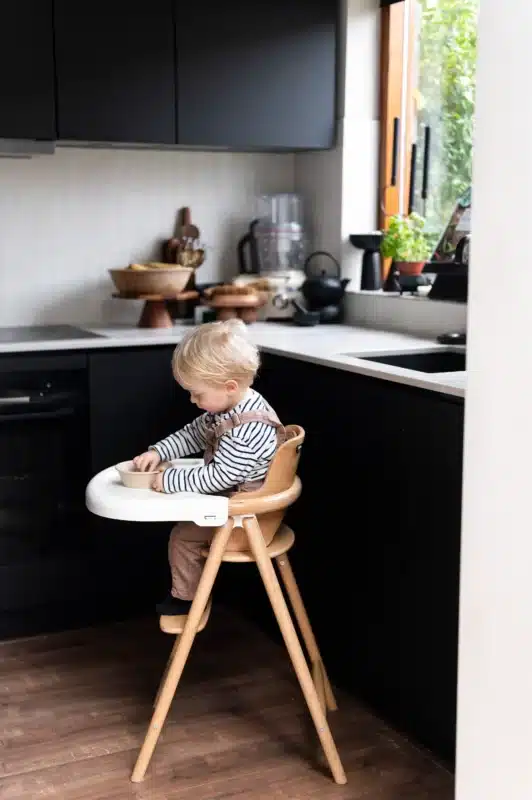
8 ideas to develop your child's autonomy
So in concrete terms, how can you support this learning towards autonomy? Follow our ideas:
1. Create a suitable space
Set up a special corner in your home for your child. Create a corner in your living room, adapt his bedroom to his needs and size with various elements: provide an easy to access and secure children's bed, a small chair, his table and his stool, where he can play, draw and explore in peace. Having a room at his height will be easier for him.
2. Encourage free play
Let your child decide what to do. It is fascinating to observe its small world and its environment during this process. What will he choose and how will he go about it? Free play stimulates creativity, decision making, and promotes independence. For your part, you learn to know his preferences and to observe his small gestures. A-MA-ZING we tell you!
3. Wait and let go
When your child is learning or wants to do it alone, offer words of encouragement. When he flips the pencil holder for the 8th time today and refuses your help to put everything back on, breathe and let go. These steps are part of her learning. Our tip for staying calm? When Junior wants to get dressed by himself, or put on his shoes when you are in a hurry, give him a step to take, such as putting on a sleeve or attaching a single scratch... then help him with the rest, by explaining that he will be able to do more the next day.
4. Get him involved in daily tasks
Depending on their age, invite your child to participate in simple activities such as:
- Pour the ingredients into a salad bowl,
- Cooking with you,
- Set the table,
- Put away your toys,
- Wiping up or sweeping up damage,
- Gardening,
- Wash the windows,
- Do some household chores...
Thus, our small HIBO stool will be able to slide into your kitchen and help your child be at the right height. These moments reinforce a sense of belonging and importance. You give your child the impression of feeling “capable.”
5. Say yes and let yourself be surprised
When you're parents, you say “no” a lot. Sometimes, it becomes a real reflex and we forget that our children grow up quickly. In our busy lives, minutes are also counted. We are afraid of wasting time. Letting your child do a complete task - who gets upset because they are frustrated that they can't - can become very difficult for adults. So let go and hit the pause button during these situations. Let yourself be surprised by your child who is growing quickly!
6. Respect its rhythm
Each child develops at their own pace. Give him time to explore and learn at his own pace, while making mistakes. No need to compare it, worry or rush it... The quest to acquire the basics is unique to everyone! Your child needs to feel your support and attention.
7. Your role: to lead by example
Show your child the way. Do you think it's too small? You never know, reread our point 5. Your child observes you on a daily basis and you are his role model. How to put on clothes, tidy up, hang your coat, put the plates at the table, bring a dish, dispose of, clean, wash, use your small chair and stool... All these everyday actions that seem trivial to you, are fascinating for a toddler. Kids love to imitate adults and will follow your lead. Teach him how to do it beforehand, and off you go!
8. Celebrate small steps and big successes
When your child can successfully do something alone, make it a joyful event. Applause, congratulations, encouragement... This is an opportunity to salute his efforts. Be proud of your child and give them courage. Sometimes Junior wants to let it go and your congratulations are a great initiative. Do not hesitate to talk to him to encourage him. He will learn gradually.
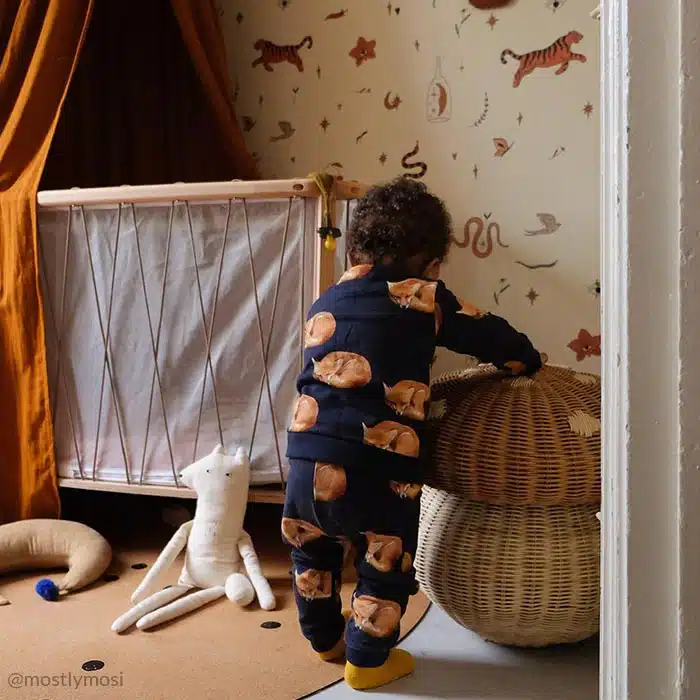

Our daily mission: to support your family life and your children towards autonomy. Our latest innovation, the HIBO small wooden chair and its stool, embodies our commitment to promoting the development and growth of your children... not to mention the design of your home!
Our new HIBO chair and its stool are much more than furniture for children. They are designed with a profound vision: to encourage independent learning and to support you as long as possible.
Their manufacture, using wood scraps from our LEVO deckchair, also testifies to our commitment to sustainable development.
They are designed for children from 18 months of age. Slip them into your living room, around your coffee table, in the kitchen to help the little ones reach the cupboards. The stool will also serve as an elevator in the bathroom to run water, wash your hands, brush your teeth... Onward for learning and growing.
At Charlie Crane, we are committed to creating unforgettable experiences for your family. With our small wooden chair and stool, we hope to offer not only designer furniture for children, but also tools to cultivate independence, trust in your child and memories for a lifetime.
You might also like:
